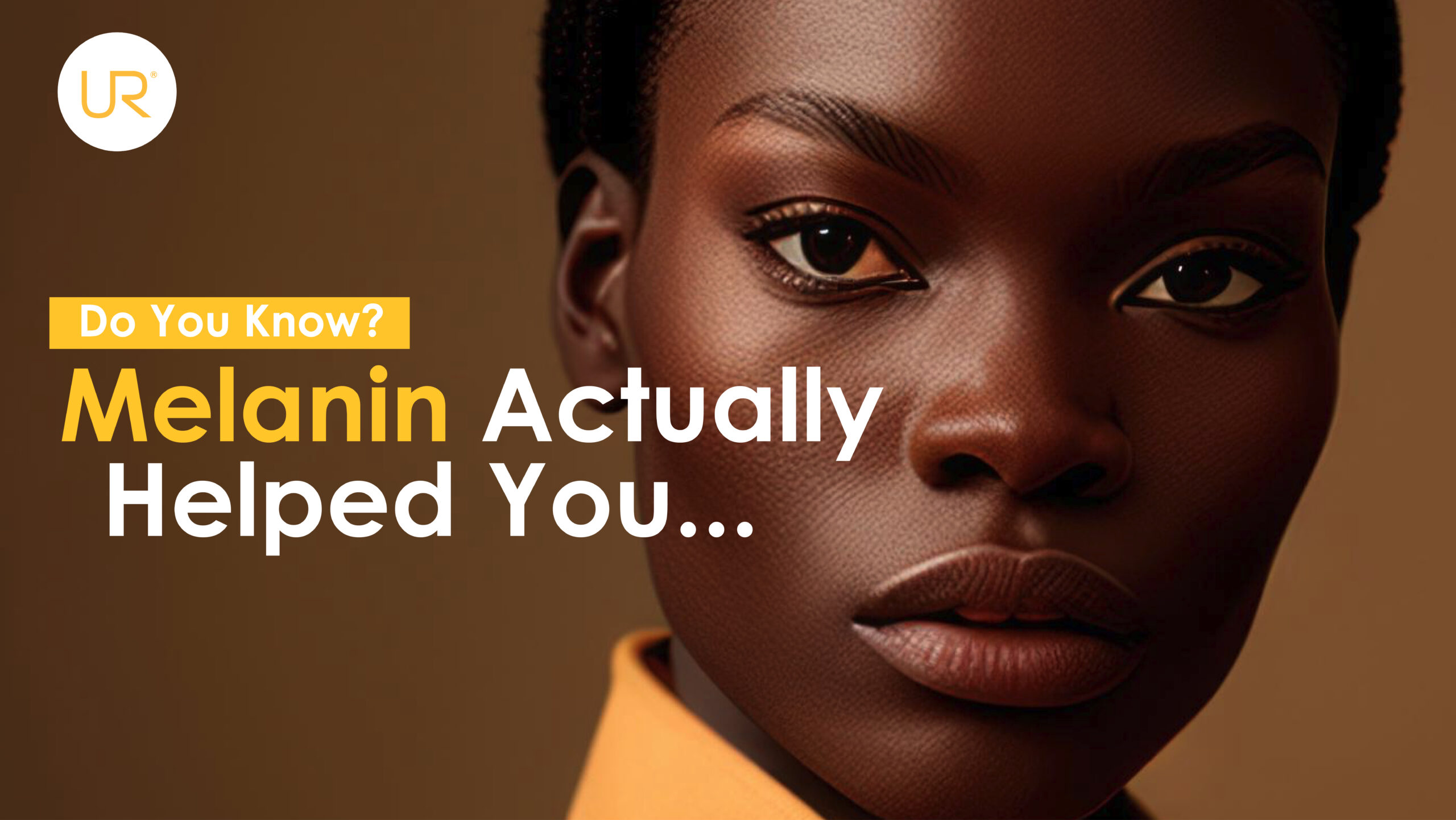
21 Mar Melanin Magic: The Science and Benefits of Skin Pigmentation for Skin Health and Beauty
Introduction
The world of skincare and beauty is vast, with an ever-growing number of products and treatments available to address various concerns. One aspect of skin that often remains misunderstood is pigmentation, particularly the role of melanin. In this article, we will explore the science behind melanin, its benefits for skin health and beauty, and how to harness its power for optimum skin health. We will also debunk common myths about skin pigmentation and share skincare tips for different skin tones.
The Science Behind Melanin
Melanin is a pigment produced by melanocytes, specialized cells located in the basal layer of the epidermis. There are two primary types of melanin: eumelanin (brown-black pigment) and pheomelanin (yellow-red pigment). The amount and type of melanin produced in your skin determine your skin tone, with darker skin tones containing more eumelanin and lighter skin tones having more pheomelanin.
Benefits of Melanin for Skin Health and Beauty
- Protection from UV Radiation: Melanin acts as a natural sunscreen, absorbing and scattering harmful UV radiation. This helps protect the skin from damage caused by sun exposure, such as premature aging and skin cancer.
- Antioxidant Properties: Melanin has been shown to have antioxidant properties, which help neutralize free radicals that can cause cellular damage and contribute to skin aging.
- Maintaining Skin Health: By protecting the skin from UV radiation and oxidative stress, melanin plays a crucial role in maintaining overall skin health.
Harnessing the Power of Melanin
To make the most of melanin’s benefits for skin health and beauty, consider the following tips:
- Use Sun Protection: Regardless of your skin tone, it’s essential to wear sunscreen with an SPF of at least 30 daily. This helps prevent sun damage and ensures that melanin can function optimally to protect your skin.
- Incorporate Antioxidants: Boost your skincare routine with antioxidant-rich products, such as those containing vitamin C, vitamin E, and green tea extract. These ingredients can help neutralize free radicals and support melanin’s protective functions.
Debunking Myths About Skin Pigmentation
Myth 1: Darker skin tones don’t need sunscreen. Truth: While melanin provides some natural sun protection, it’s still crucial for individuals with darker skin tones to use sunscreen to prevent sun damage and skin cancer risk.
Myth 2: Skin pigmentation is only about genetics. Truth: While genetics play a significant role in skin pigmentation, external factors such as sun exposure, hormones, and inflammation can also affect melanin production and distribution.
Skincare Tips for Different Skin Tones
- Light Skin Tones: Opt for sunscreens with a higher SPF and broad-spectrum protection. Look for products containing ingredients like niacinamide and vitamin C to address hyperpigmentation and even out skin tone.
- Medium Skin Tones: Incorporate sun protection and antioxidant-rich products in your skincare routine. Consider using products with ingredients like licorice root extract, which can help fade dark spots and hyperpigmentation.
- Dark Skin Tones: Use sun protection daily and opt for products formulated to address specific concerns like uneven skin tone and hyperpigmentation. Ingredients like glycolic acid and retinoids can help promote skin cell turnover and improve overall skin health.
Conclusion
Understanding the science and benefits of melanin is essential for individuals of all skin tones. By debunking common myths and embracing skincare tips tailored to your skin tone, you can harness the power of melanin to maintain healthy, beautiful skin.


